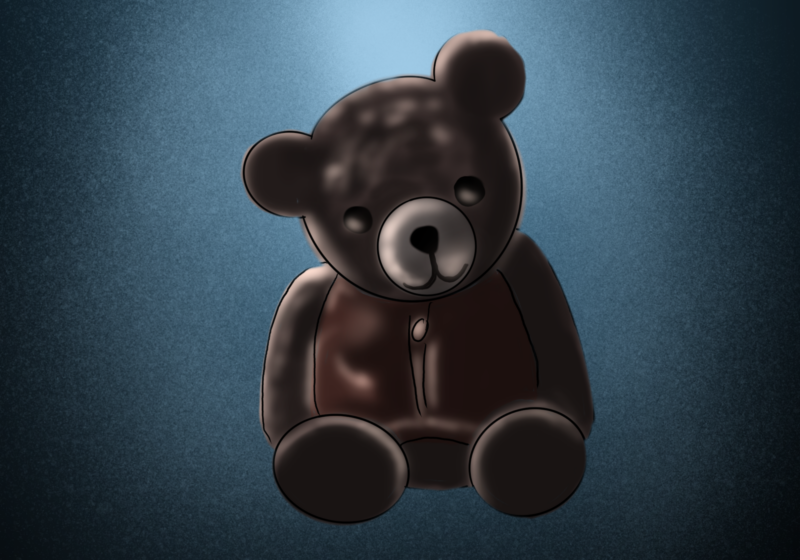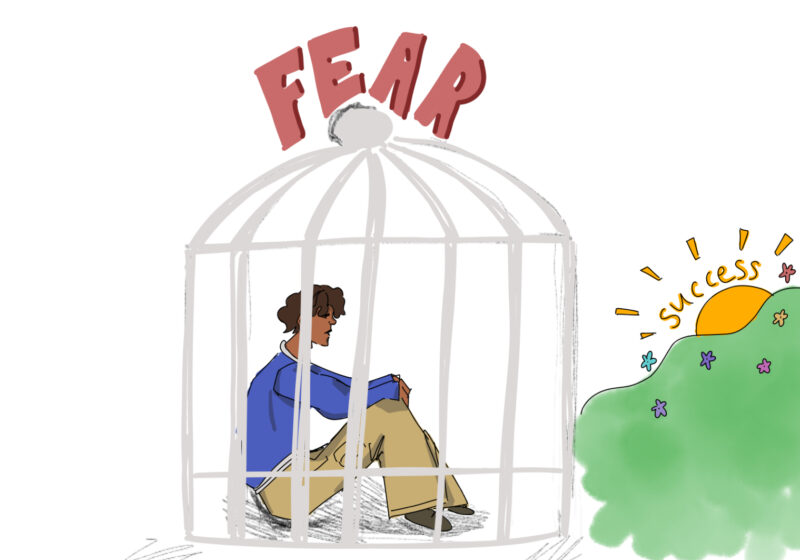In an interview with rockcritics.com, ‘Entertainment Weekly” film critic Owen Gleiberman was asked about an oft-criticized scene at the end of one of his favorite films, ‘Psycho,” in which a psychiatrist gives a long-winded, cut-and-dry psychological reasoning for all the madness that ensued throughout the rest of the film.
Gleiberman defended the scene by saying that it is a joke played on viewers looking for an easy answer to what they just witnessed. There is only one scene after the psychiatrist’s explanation, and it is so creepy, so unequivocally demented, that it proves there is no rational explanation for the film’s horror. The explanation, as Gleiberman put it, ‘meant everything and nothing.”
Martin Scorsese’s ‘Shutter Island” invokes that same ploy as well as any recent movie has. It centers around a forboding mystery that twists as often and as intensely as one would expect. Yes, the mystery is eventually treated to a generous sequence of explanations, complete with the old trick of flaunting clues from previous scenes that slipped by your and everyone else’s attention.
But that sequence is the kind that would have made Hitchcock smirk. In the end there is no tidy or comforting way to summarize what happens in ‘Shutter Island.” Scorsese has crafted the rare thriller that is even more perplexing, and unnerving, when contemplated afterward than when actually viewed.
Leonardo DiCaprio, in his most impressive performance to date, plays deputy marshal Teddy Daniels. Along with a first-time police partner Chuck (Mark Ruffalo), Teddy is deployed to Ashecliffe, an isolated, formidably barricaded hospital for the criminally insane.
The mystery at hand is the disappearance of Rachel Solando, a patient taken in for drowning her three children, who has inexplicably disappeared from her cell.
Teddy refuses to accept that this is the only mystery he should be handling at Ashecliffe. A haunted World War II veteran and widower, he does nothing to hide the rage or suspicion he feels toward anyone and everyone he comes into contact with.
Dr. Cawley (Ben Kingsley), who runs the hospital, seems to talk exclusively in riddles and deceptions, dealing with Teddy straightforwardly and yet always acting like he might not be. A German doctor at the facility brings out the worst in Teddy’s WWII paranoia. Ashecliffe holds 66 patients, but cryptic clues hint at a 67th that is being kept secret by the staff. Teddy starts to figure that something is definitely going on here.
Well, duh. Unlike ‘The Shining” another masterpiece of psychological horror from a virtuoso director who seemed unlikely to try his hand at the genre ‘Shutter Island” never tries to give the initial impression that things are anything but wrong.
From the very beginning, it’s clear that something is up: Ashecliffe and everyone it contains seem like readymade conventions of elementary cinematic creepiness.
The hospital is a Gothic, disparaged setting, seemingly architected with the primary intention of scaring all new visitors shitless. Its patients are insane in the kind of way that prohibits them from doing anything but flaunting intense insanity at all times. The situation doesn’t get any better when a destructive hurricane suddenly comes to the island.
For the first two acts, Scorsese mostly maintains ‘Shutter Island” as an ominous mood piece which occasionally gets incredibly unsettling. But his greatest trick is making you think that you’ve seen this all before: The whole detective and spooky insane asylum narrative is the sense of normalcy that misleads the viewer. ‘Shutter Island” eventually disappears down a rabbit hole much more complex and disturbing than it seemed headed for in the beginning.
To say any more would be wrong, because the greatest thing about ‘Shutter Island” is what a thoroughly disconcerting viewing experience it is. Most thrillers are content to simply mess with your head; ‘Shutter Island” burrows into it and distorts your perception. The effect of Scorsese’s film perfectly emulates the psychosis that runs throughout its narrative and it only gets more maddening as it lingers in your mind.
Silverstein is a member of the class of 2013.






